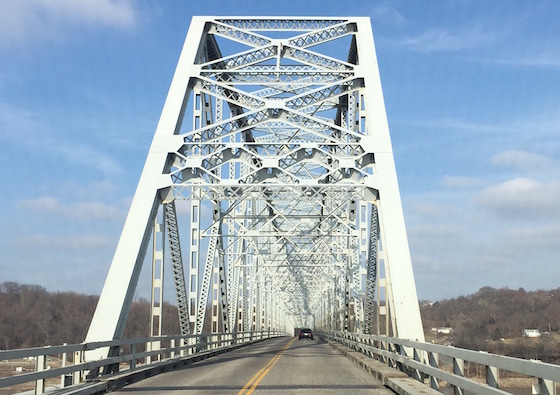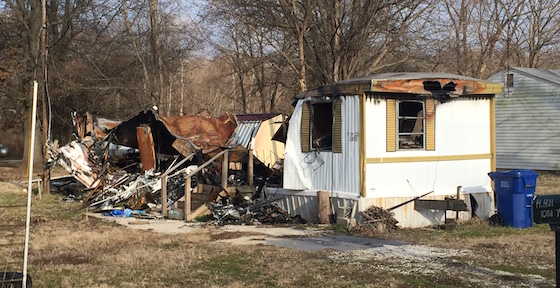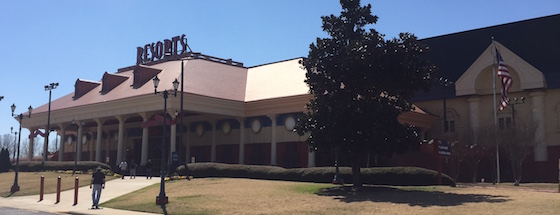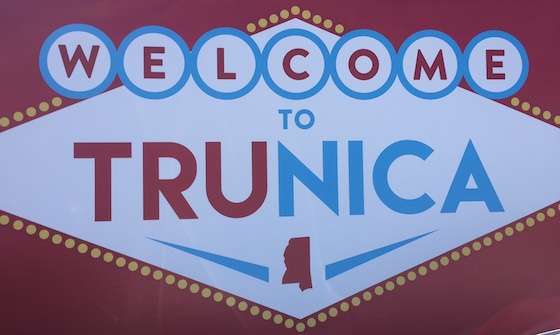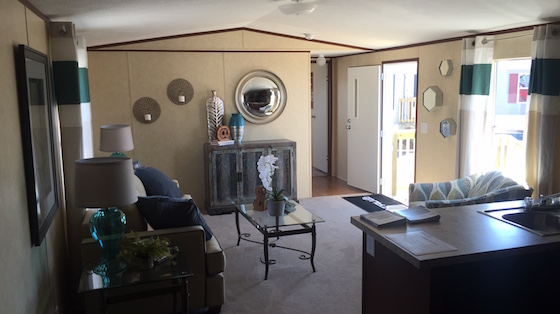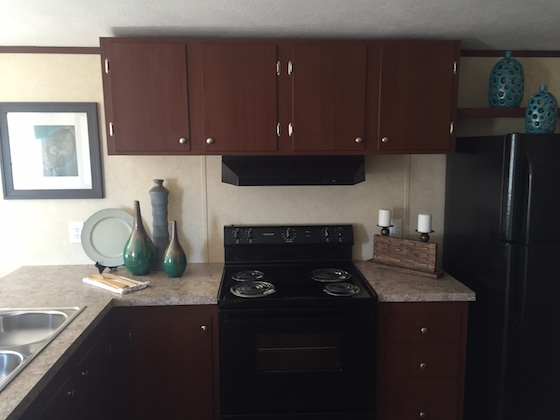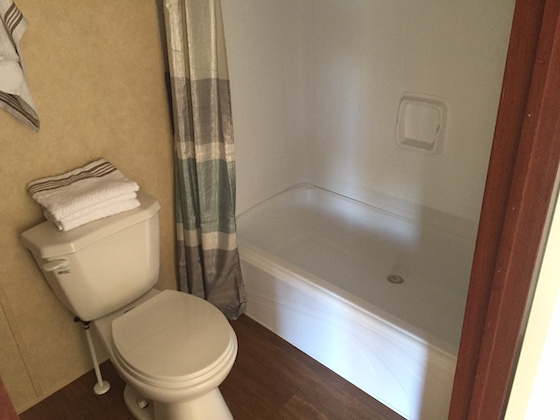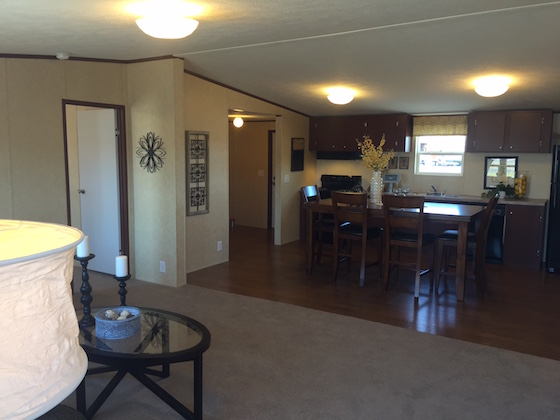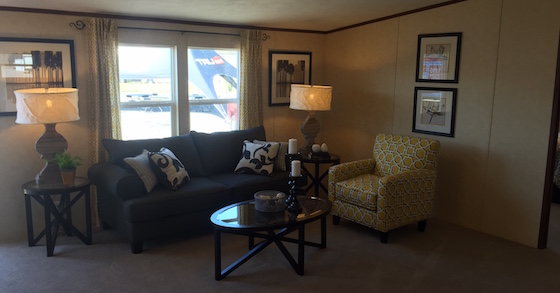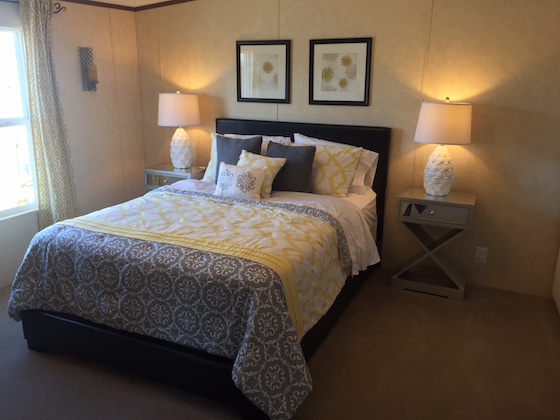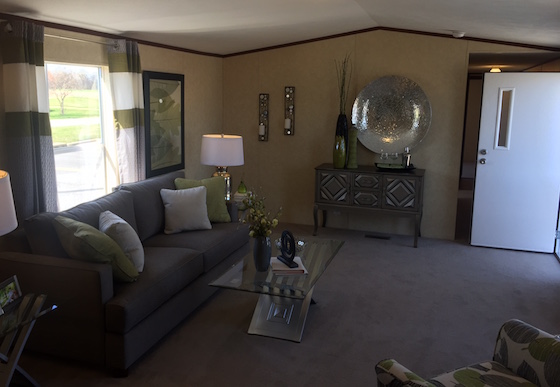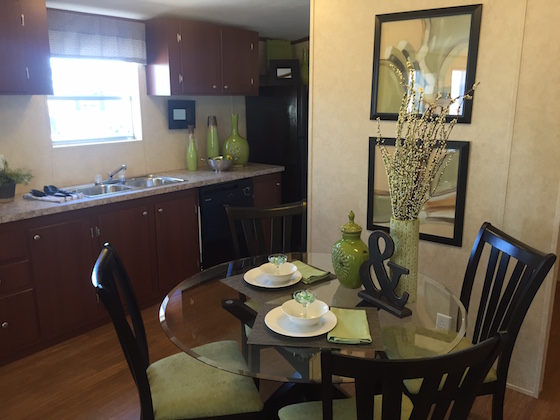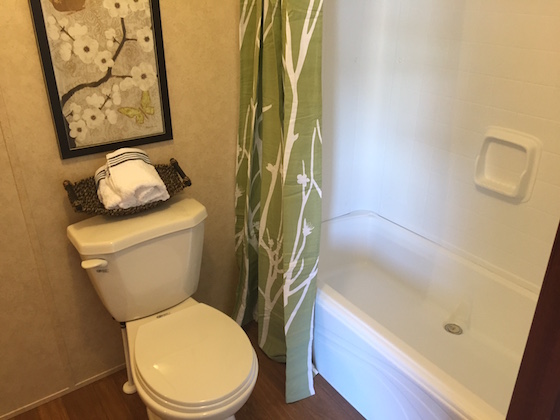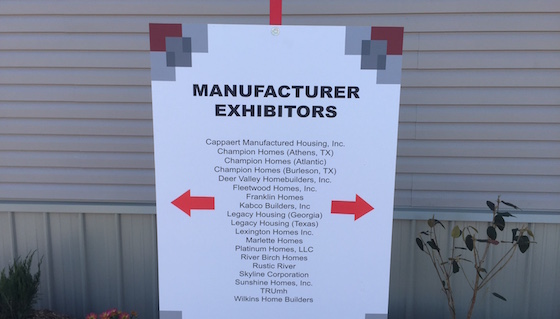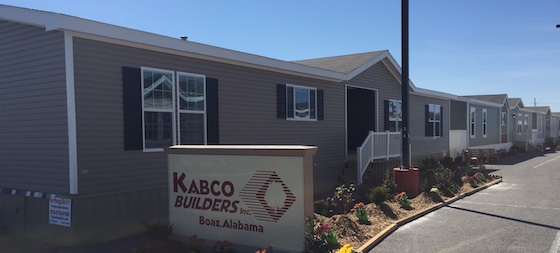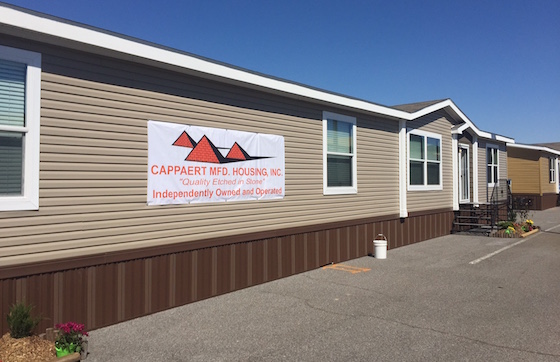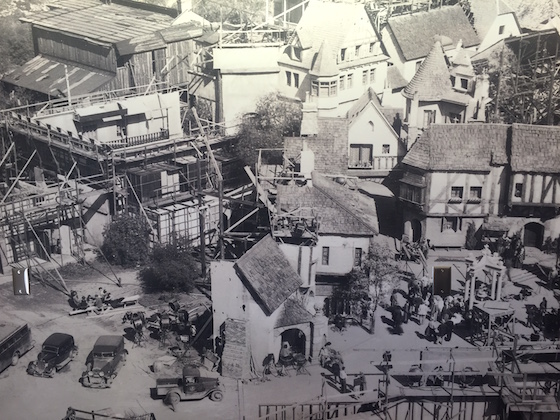There are two mobile home shows in the U.S. that most park owners attend: 1) Louisville, Kentucky and 2) Tunica, Mississippi. They are very different in setting and tone. Louisville is indoors while Tunica is outdoors. Louisville is more highly attended while Tunica is set at a casino. Louisville is uplifting and cosmopolitan while Tunica is, well, depressing. But there is plenty of good information to be gleaned at both shows.
Frank delivered a speech on the top 10 steps to buying a mobile home park successfully
The Tunica Show had a day of speeches on various topics related to manufacturing, retail and park ownership. Frank gave a speech on those traits that yield successful park purchases. Here were the bullet points of his speech.
- Location, Location, Location. Seek out great school districts, larger population bases (around 100,000) and diversified economies.
- 3-point spread = 20% cash-on-cash return. It’s all about the spread between cap rate and loan interest rate, assuming 70% to 80% LTV.
- Renew your loans two years ahead. One year to renew and a second year to sell it off if you fail in the refi. Never get caught in a term default. Parks rarely default on their loans economically – but term is quite common, unfortunately.
- “Due diligence is the mother of good luck” – Ben Franklin. Still true today. Test your numbers at least three times, and rebuild all financials from the ground up. Leave nothing to chance, from line integrity to permit. Trust nobody.
- Do all capital repairs on the front end and set an example for the residents. Upgrade the image immediately and attract better tenants and make the existing ones happy.
- No pay/no stay on collections. Nothing else works. Period. If they don’t pay, you evict them. Nothing personal. Just good business.
- No play/no stay on rules. If they don’t want to play by the rules, then they need to leave. It’s not fair to the neighbors who behave themselves.
- Stay on top of water/sewer costs. It’s the single biggest cost in any park. If you are the master of that, then you are doing a great job of keeping park costs in-line, even if your manager buys one extra high-lighter too many.
- Don’t play with private utilities unless you 1) know what you’re doing and 2) can write really big checks.
- Be easy to buy from and easy to sell to. As a buyer, bond with the seller and use win/win negotiating. As a seller, price your property reasonably and realize that you have to be bankable or the deal will never close.
Probably the most interesting speaker was a retailer who has sold 60,000 homes over the past 30 years. His speech was on installing “quality” into everything you do. That means taking pride in your product, marketing, even the way your salespeople dress. Not a speech we haven’t heard before, but we were still trying to get over the fact that they guy had sold 60,000 homes.
TRU homes was the standout of the show
There was a big banner that said “Welcome to TRUnica”. And that pretty much summed it up. The pricing and quality of the TRU Homes section was truly awe inspiring. First up to bat was a single wide 14’ x 60’ 2-bedroom at a price of $15,585. Vinyl-sided with shutters and attractive colors, it looked great on the outside. But the inside was even better. The designers that TRU (and all of Clayton) have doing their staging are the best in the industry, and these homes prove that.
The second home in the TRU pavilion was a vinyl-sided doublewide 28’ x 44’ for $22,508. For those who have looked at doublewides in the past, you will do a double-take on that price point. That’s about 70% less than many manufacturers. Again, the staging was epic. Just look at these photos.
The third TRU home was a 14’ x 76’ vinyl-sided 3-bedroom for $18,980. At the risk of sounding like a broken record, the price seemed impossibly low and the staging impossibly good. You could set this home up in any park, fully furnished, and sign up three customers per day (although they might not qualify for financing). Here’s what it looks like:
A whole bunch of manufacturers you’ve never heard of
One of the interesting things about a mobile home show are all of the brands you’ve never heard of. So who buys these homes? Not park owners, that’s for sure. These homes, however, can be popular with those who buy them to go on their own land, and are willing to pay for certain brands and models and more expensive finish out. The most expensive homes at these shows sometimes exceed $100,000 – nothing that a park owner would ever buy, but a farmer sure might.
Conclusion
Each mobile home show has an obvious winner who stands above the competition. At Louisville it was Clayton, and at Tunica it was TRU (which is a division of Clayton). So Clayton won the show game this year 2 to 0. Thank Warren Buffett and Kevin Clayton for taking the mobile home product to the next level. Pretty amazing stuff.

